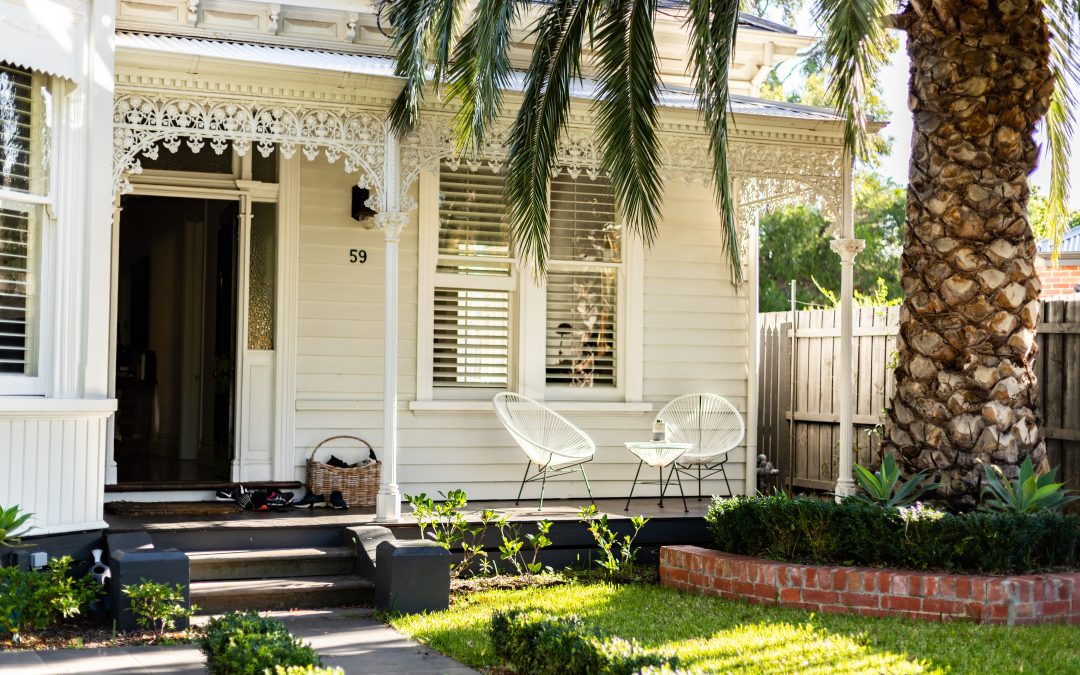Many loan types are available for homebuyers, with two of the most prevalent mortgage loans being FHA loans and conventional loans. These mortgage types influence your rates, terms, and qualification requirements, so it is crucial to consider the benefits of each. By looking at your personal financial situation and talking with your lender, you can determine which loan type is best for you.
FHA Loans
FHA loans are backed by the Federal Housing Administration, and only FHA-approved lenders can offer this type of loan. These loans are often easier to qualify for as they have lower credit score, down payment, and debt-to-income ratio requirements. With more flexible qualifications, this loan type is available to a wider amount of borrowers.
Though there are many benefits to FHA loans, it is important to consider the downsides. One downside to FHA loans is that PMI (private mortgage insurance) is required for the length of the loan if you make a down payment of less than 10%. Even if your down payment is higher than 10%, PMI will still be required in addition to an upfront fee. FHA loan amounts also have a lower limit than conventional loans and can only be used for primary residences. Another noticeable difference between FHA and conventional loans is that the property’s condition is taken into account. Appraisals and inspections are used to ensure the home will keep its value and is in sound condition.
Conventional Loans
Conventional loans are mortgages that are serviced by private mortgage lenders without governmental backing. This poses a higher risk to lenders than FHA loans and, in turn, requires higher qualification standards. These higher standards affect borrowers’ minimum credit score, down payment amount, and debt-to-income ratio.
On the bright side, conventional loans allow borrowers to forgo PMI with a downpayment of at least 20%. Even if the down payment is less than 20%, borrowers can have this insurance dropped when the loan balance is 80% of their home’s value. Unlike FHA loans, the loan can also be used towards primary or secondary properties including investment properties or vacation homes. Additionally, conventional loans have more lenient property standard requirements and primarily look at the home’s market value.
Comparatively
FHA Loans:
- Lower credit score requirements
- Lower down payment requirements
- Allow higher debt-to-income ratios
- Private Mortgage Insurance is required throughout the length of the loan unless borrowers have a downpayment of more than 10%
- Only allow loans for primary residences
- Have strict property standards
Conventional Loans:
- Higher credit score requirements
- Higher downpayment requirements
- Require lower debt-to-income ratios
- Allow cancellation of Private Mortgage Insurance either with a downpayment of 20% or when the loan balance is 80% of your home’s value
- Can be used for primary or secondary residences
- More lenient property standards
Whether you are looking for a primary home, secondary home, or investment property, our expert team of lenders is here to help you find the right type of loan to meet your needs. Give Coastal Custom Mortgage a call today to speak with a lender and see what loan types you may qualify for.
